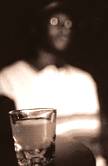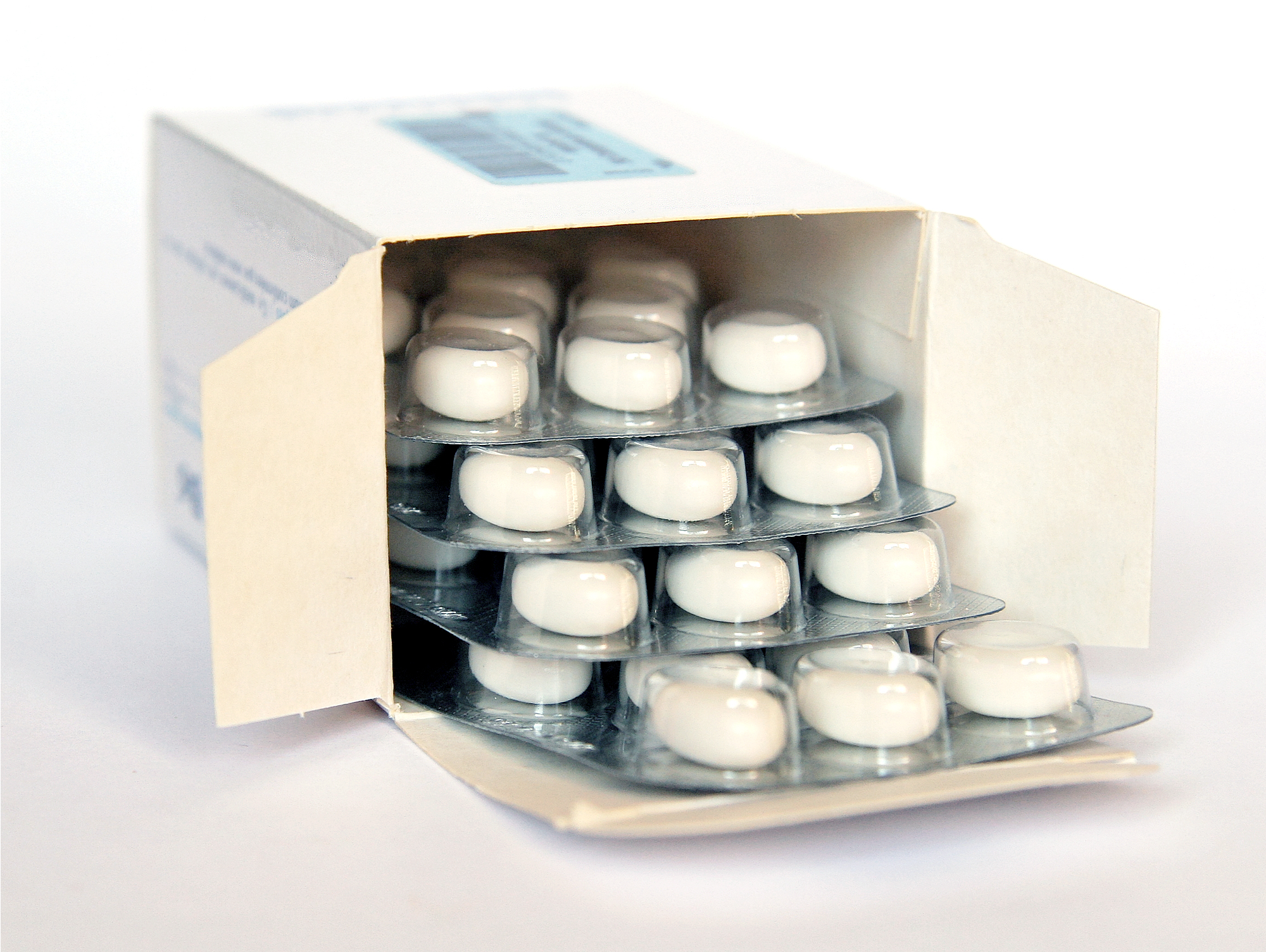
THURSDAY, July 17, 2014 (HealthDay News) — Mixing caffeinated energy drinks with alcohol appears to boost the desire to keep on drinking, new research reveals.
The finding from a small study of young adults suggests that the energy drink-booze combination could fuel a higher risk for dangerous binge-drinking, the Australian researchers said.
“Based on our study, we can’t be certain whether it was the caffeine or the sugary additives that made the energy drink and vodka cocktail more appealing than drinking alcohol alone,” said study lead author Rebecca McKetin, a fellow with the Center for Research on Aging, Health and Well-being at the Australian National University in Canberra.
But she suggested one possible mechanism. “We normally think of alcohol as a depressant, but it also has a stimulant effect, and it is this stimulant effect that is most strongly related to how much we like alcohol, and whether we want to keep drinking,” McKetin said.
“Caffeine, being a stimulant, tends to bring out the stimulant effects of alcohol intoxication. It may be this that causes energy drinks to increase the desire to keep drinking alcohol,” she suggested.
The researchers didn’t track how much more the young adults who participated in the study actually did drink, only their stated desire to down another.
The American Beverage Association, an industry group, said this is one of the study’s limitations. “As acknowledged by the authors, this study does not establish a link between energy drink consumption and increased alcohol consumption. Rather, it measures how people feel and not what they actually do,” the association said in a statement Thursday.
Furthermore, its member companies “adhere to responsible labeling and marketing guidelines that do not allow energy drink labels to promote mixing with alcohol nor make any claims that the consumption of alcohol together with energy drinks counteracts the effects of alcohol.”
Energy drinks, popular with many young Americans, are currently consumed by more than one-third of 18- to 24- year-olds, according to the U.S. Centers for Disease Control and Prevention.
The CDC estimates that people who mix alcohol with energy drinks face triple the risk for binge-drinking compared to those who don’t.
The agency defines binge-drinking for men as downing five or more alcoholic drinks within a short period of time. For women, it’s having four or more drinks within a short period of time.
For the new study, published in the August online edition of Alcoholism: Clinical and Experimental Research, the researchers focused on 75 Australian men and women aged 18 to 30. None had a history of alcohol or drug dependence.
About half were provided cocktails composed of vodka, fruit juice and the energy drink Red Bull Silver Edition. The others had cocktails of vodka and juice mixed only with soda water.
After drinking the beverages, both groups said they felt more or less the same degree of stimulation.
However, those who drank the vodka-Red Bull combo were much more likely to say they liked their cocktail, and to express a greater urge for more, the investigators found.
“Clearly, we cannot assume that this self-reported urge to keep drinking would translate into behavior,” said McKetin. “Many factors play a role in a person’s decision about whether they keep drinking or not.”
But desire to drink is a critical factor in that decision, she added. “The increased urge to keep drinking may sway people toward making a decision to keep drinking when they might have otherwise stopped.”
More research is needed to confirm that theory, she acknowledged.
Another expert, Dr. Sean Patrick Nordt, said he believes the energy drink-alcohol duo “probably puts people in more high-risk situations.”
The concern is that it leads people to drink more, said Nordt, director of toxicology in the department of emergency medicine at the University of Southern California’s Keck School of Medicine.
“While drinking helps people to feel more gregarious and socially disinhibited, drinking too much makes people more sleepy, causes a loss of judgment, and renders them unable to perform basic tasks like driving,” Nordt said.
Added to an energy drink, “all this happens while having the illusion of being more awake, so people who might normally go home and sleep it off, may not,” he said. “They may choose to stay at the bar, keep on drinking, and raise the risk for a dangerous situation.”
Would this really lead to binge-drinking? “I don’t know,” said Nordt. “That’s drinking lots of drinks in a very short period of time. But I would say ‘prolonged drinking’ is probably likely.”
More information
For more on the dangers of mixing energy drinks and alcohol, visit the U.S. Centers for Disease Control and Prevention.
Copyright © 2026 HealthDay. All rights reserved.

